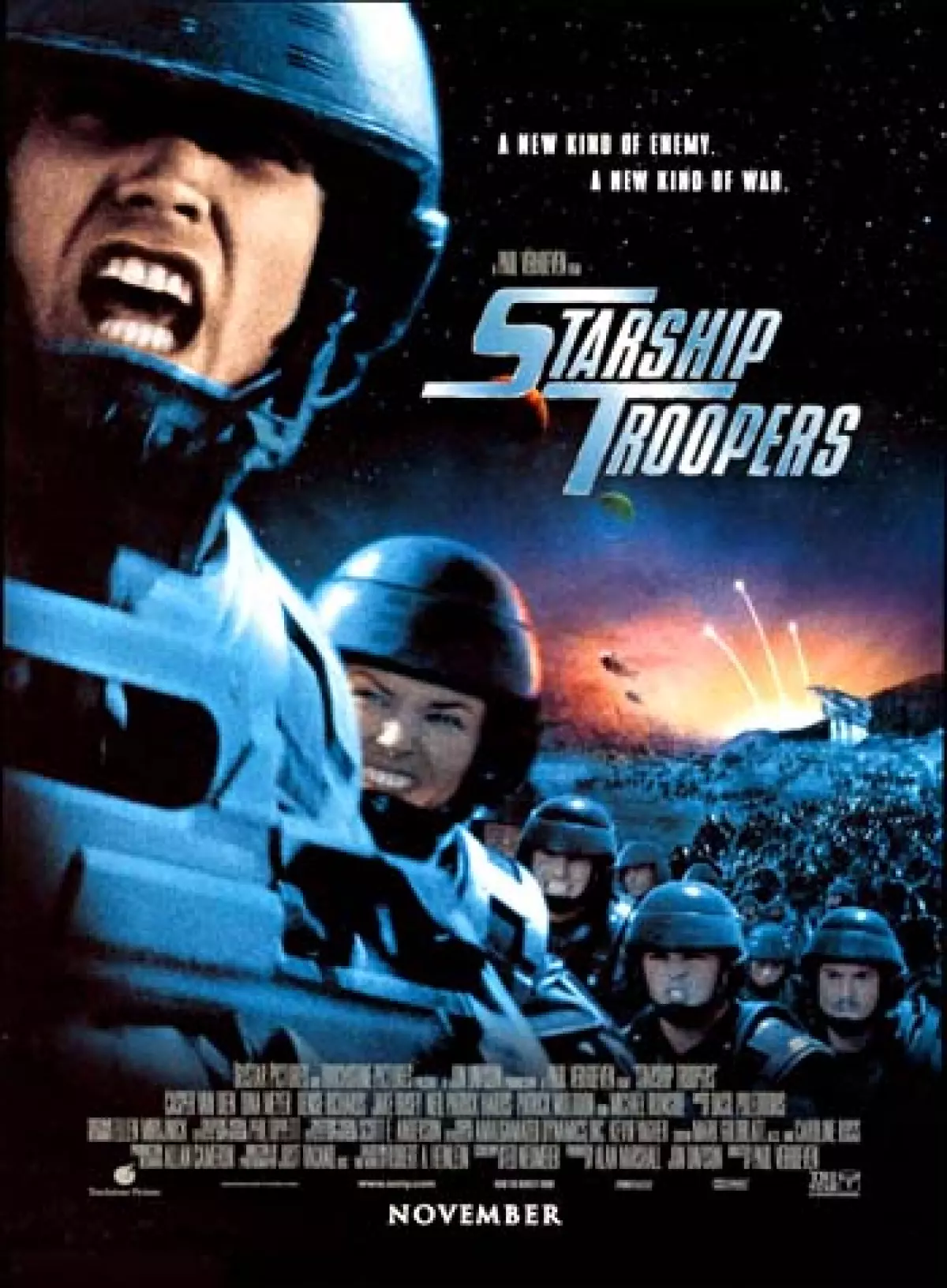If you're looking for a game that will hook you for life, look no further than fantasy baseball. Some may call it silly, but once you get a taste of this thrilling game, you'll be forever captivated. Fantasy baseball is not only fun, but it's also incredibly easy to play, making it accessible to both die-hard and casual fans alike. So whether you're an obsessive follower of the game or someone who simply enjoys watching from time to time, fantasy baseball has something for everyone.
One of the greatest things about fantasy baseball is how it enhances your overall experience of the game. Imagine the excitement of cheering on your pitcher as he strikes out three batters in a row, or the agony of losing a close match because of a walk-off hit by your opponent's slugger. Every pitch, every play becomes more intense as you root for your team and players. And as you immerse yourself in managing your fantasy team, your knowledge and appreciation for the game will grow exponentially.
Fantasy baseball also provides a unique opportunity to build camaraderie. What could be better than challenging your family, friends, or co-workers in a fantasy league? It's a fantastic way to share your passion for the game and engage in friendly competition. Whether you're playing individually or as part of a group, the thrill of the game and the camaraderie it fosters are unparalleled.
Getting Started: League Formats and Sign-Ups
Before diving into the world of fantasy baseball, you need to decide whether you want to play individually or as part of a group. If you have a group of friends or family in mind, creating a league together can be a fun and engaging experience. In this case, you'll need to nominate someone as the league commissioner, who will be responsible for setting up and managing the league.
If you prefer to play individually or don't have enough people to form a league, you can join an existing league or sign up for one on ESPN. They have a user-friendly interface that allows you to easily create or join leagues, making the process seamless and enjoyable.
Selecting Scoring Systems: Points, Categories, and More
Once you have your league set up, it's time to decide on the scoring system. There are several options to choose from, each with its own unique characteristics. Let's take a quick look at some of the most popular scoring systems:
- Roto (Rotisserie): This is the traditional scoring system, where teams are ranked based on their cumulative performance in select statistical categories. The team with the highest total points across all categories is declared the league champion.
- Head-to-Head Points: In this format, teams compete against each other on a weekly basis, with points awarded for players' accomplishments in various statistical categories. The team with the higher total points in each matchup wins.
- Head-to-Head Each Category: This scoring system combines elements of both roto and head-to-head points. Teams compete against each other in individual statistical categories, with wins awarded to the team that performs better in each category.
- Head-to-Head Most Categories: Similar to head-to-head each category, this format awards a single victory to the team that wins the most categories in a matchup. It adds a strategic element as teams aim to dominate in as many categories as possible.
- Season Points: This format is similar to head-to-head points, but instead of weekly matchups, the team with the most total points scored for the entire season is declared the champion.
Each scoring system has its own nuances and strategic considerations. Before making your choice, take the time to explore the details of each system to find the one that aligns with your preferences and playing style.
Drafting Your Dream Team: Strategies and Tips
Now comes the most exciting part of fantasy baseball: the draft. This is where you assemble your team of players who will compete on your behalf throughout the season. There are different draft formats to consider:
- Snake Draft: In this popular format, teams take turns selecting players in a predetermined order. The order reverses with each round, ensuring an equitable distribution of draft picks.
- Autopick Draft: If scheduling conflicts prevent your league from holding a live draft, you can opt for an autopick draft. This allows the ESPN system to automatically select players for each team based on pre-determined rankings.
- Salary-Cap Draft: For a more advanced and strategic approach, you can consider a salary-cap draft. Each team is given a budget to bid on players, creating a market-like environment where managers compete for their desired players.
Regardless of the draft format, it's essential to be well-prepared. Research players, analyze their stats and projections, and develop a strategy that suits your goals. The draft is where you lay the foundation for your team's success, so make it count!
In-Season Management: Lineup Changes, Free Agency, and Trades
Managing your fantasy team doesn't end with the draft. Throughout the season, you'll have opportunities to make lineup changes, pick up free agents, and even engage in trades with other teams in your league. These actions can significantly impact your team's performance, so it's essential to stay engaged and make strategic decisions.
Lineup changes allow you to optimize your team's performance by moving players between your active roster and the bench. Depending on your league's settings, you can make these changes daily or weekly. Consider factors like players' schedules and matchups to maximize your team's potential.
Free agency is where you can add new players to your team from the available pool. Whether it's to replace an injured player or strengthen a weak spot in your lineup, scouting the free agent market is crucial. Act fast and snatch up valuable players before your competitors do!
Trades present an opportunity to bolster your team by exchanging players with other teams in your league. Negotiating fair trades can lead to mutually beneficial outcomes and enhance the competitive spirit of the league. Just remember to be ethical and respectful in your trade offers and interactions with other managers.
The Golden Rule: Be a Fair and Ethical Player and Commissioner
Lastly, it's critical to uphold the golden rule of fantasy baseball: treat others with the same respect you expect in return. Fantasy leagues thrive on fair play and good sportsmanship. Be knowledgeable about your league's rules, respect your opponents' time and effort, and avoid any behavior that would detract from the spirit of the game.
To all commissioners out there, your responsibility is to ensure a fair and enjoyable experience for all league members. Be transparent, detail-oriented, and open to suggestions. Make timely decisions and always keep the best interests of the league at heart.
As for fantasy managers, know your league's rules inside out. Familiarize yourself with all settings and guidelines to make informed decisions and gain a competitive edge. And above all, be an ethical player who contributes positively to the league's dynamic.
Final Thoughts: Let the Games Begin!
Congratulations on completing the first inning of your fantasy baseball journey! You now have a solid foundation to start playing and enjoying the game. But remember, this is just the beginning.
In the coming installments of my Playbook series, we'll explore ESPN league types, strategies to win, advanced statistics, and much more. I'll provide you with insider tips and expert advice to help you become a perennial league champion. So buckle up, stay tuned, and get ready to take your fantasy baseball experience to new heights.
Now, let's play ball!
















